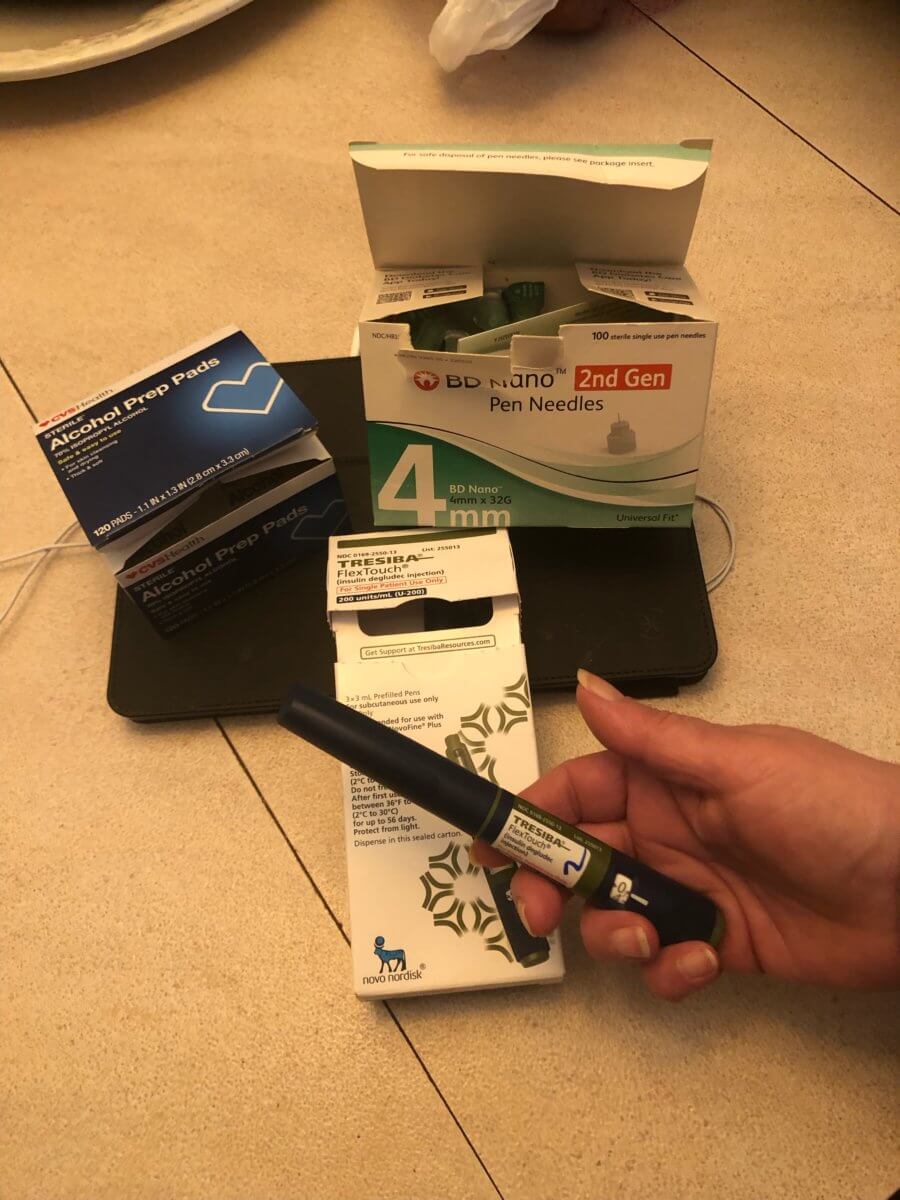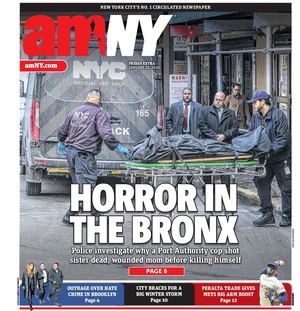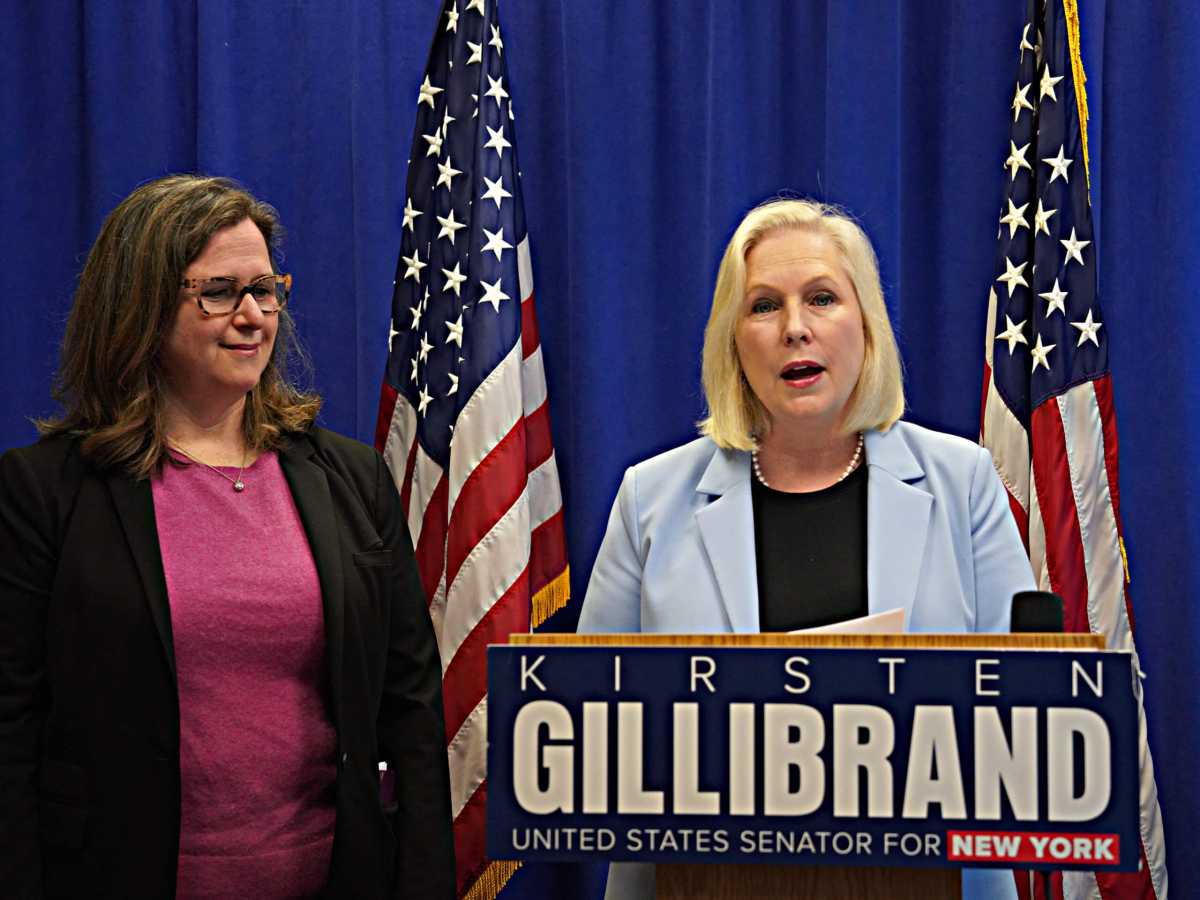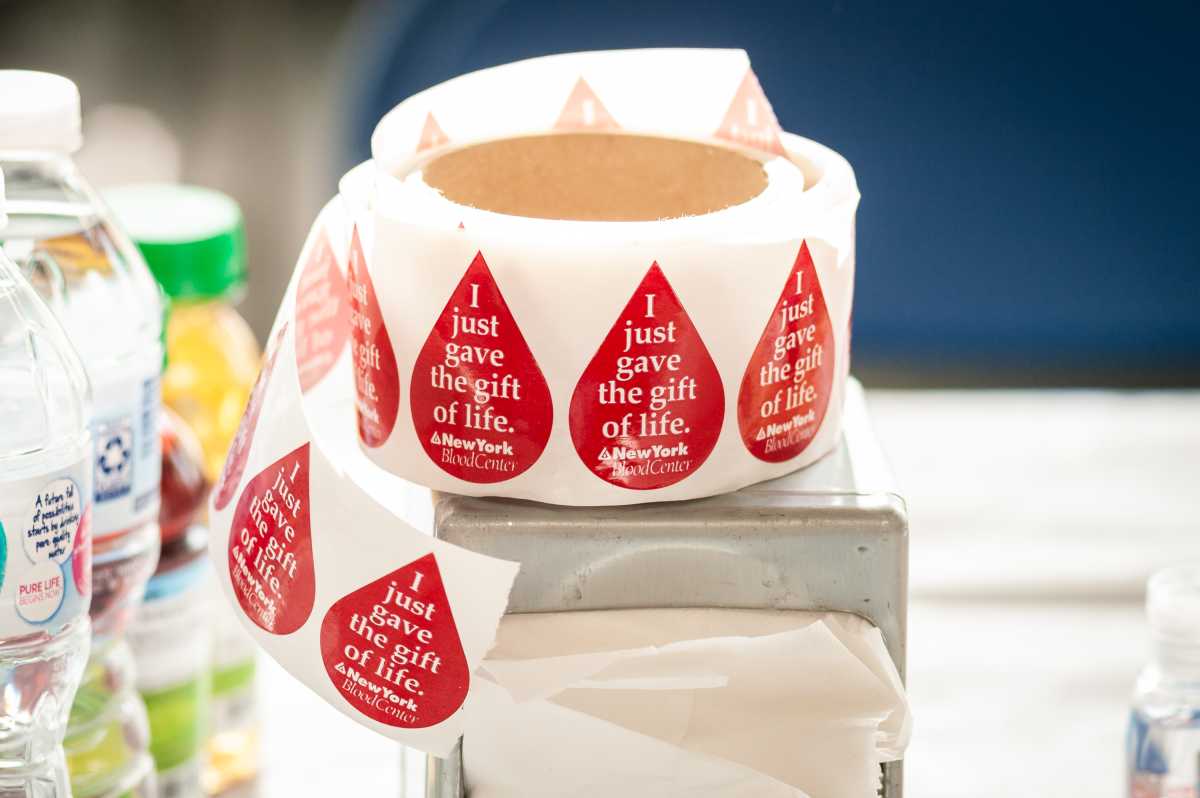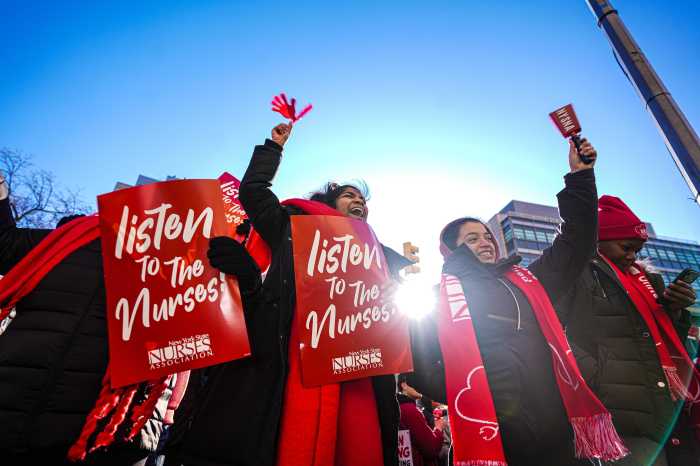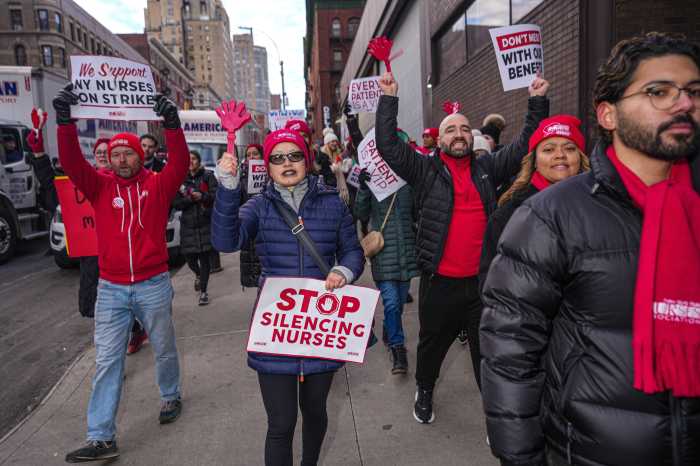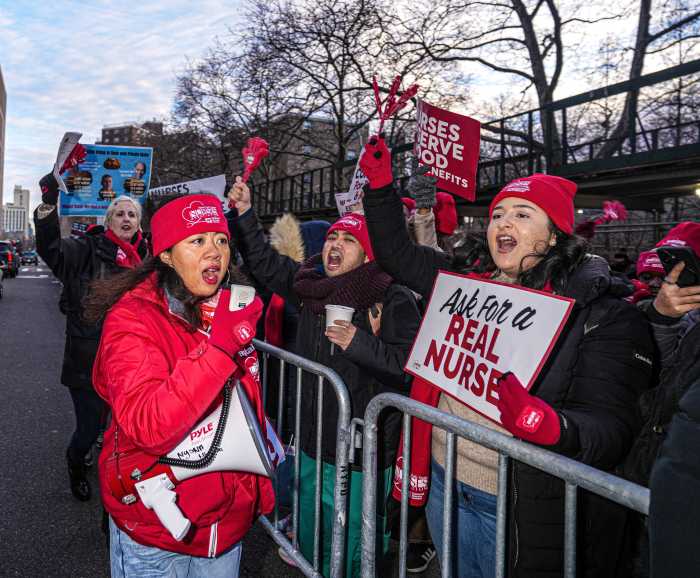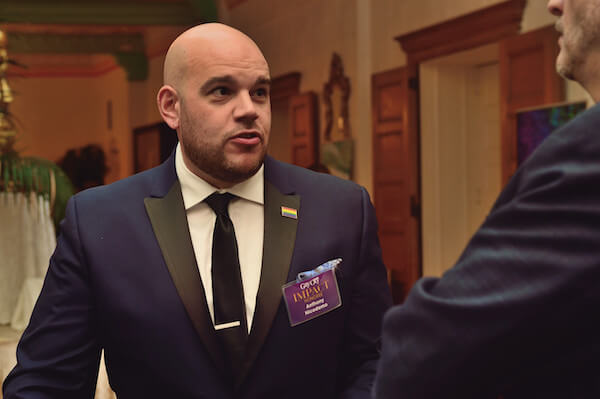The price of prescription medication is far too high, Senator Kirsten Gillibrand said Monday.
On May 2, Senator Gillibrand argued that the quality of life of New York seniors is being severely impacted by the rising price of prescription medication, forcing some vulnerable members of our society to choose between food and their pharmaceutical health.
“As rising inflation has recently increased the cost of living for so many Americans. The already skyrocketing cost of prescription drugs has become utterly untenable. Today when you go to the pharmacy you can be charged two to three times more, as other people in other countries are paying for the exact same medicine,” Senator Gillibrand said.
According to Gillibrand, 30% of adults say they have not taken their medicine as prescribed due to the eye-watering coats. It is with this in mind that Gillibrand is releasing a five-point plan to combat drug unaffordability:
- Reimagine financial assistance for Medicare
- Review brand-name price gouging
- Empower Medicare to negotiate drug prices
- Import lower-cost drugs from Canada, and
- Expand subsidies to seniors living in U.S. territories.
As a part of this plan, the senator wishes for an annual review process that would look for excessive pricing of brand-named drugs while also allowing for Medicare to negotiate prescription drug prices. In addition, Gillibrand said she wants to see the importation of lower cost drugs from Canada to help ease the financial burden and to “reimagine” financial assistance for Medicare.
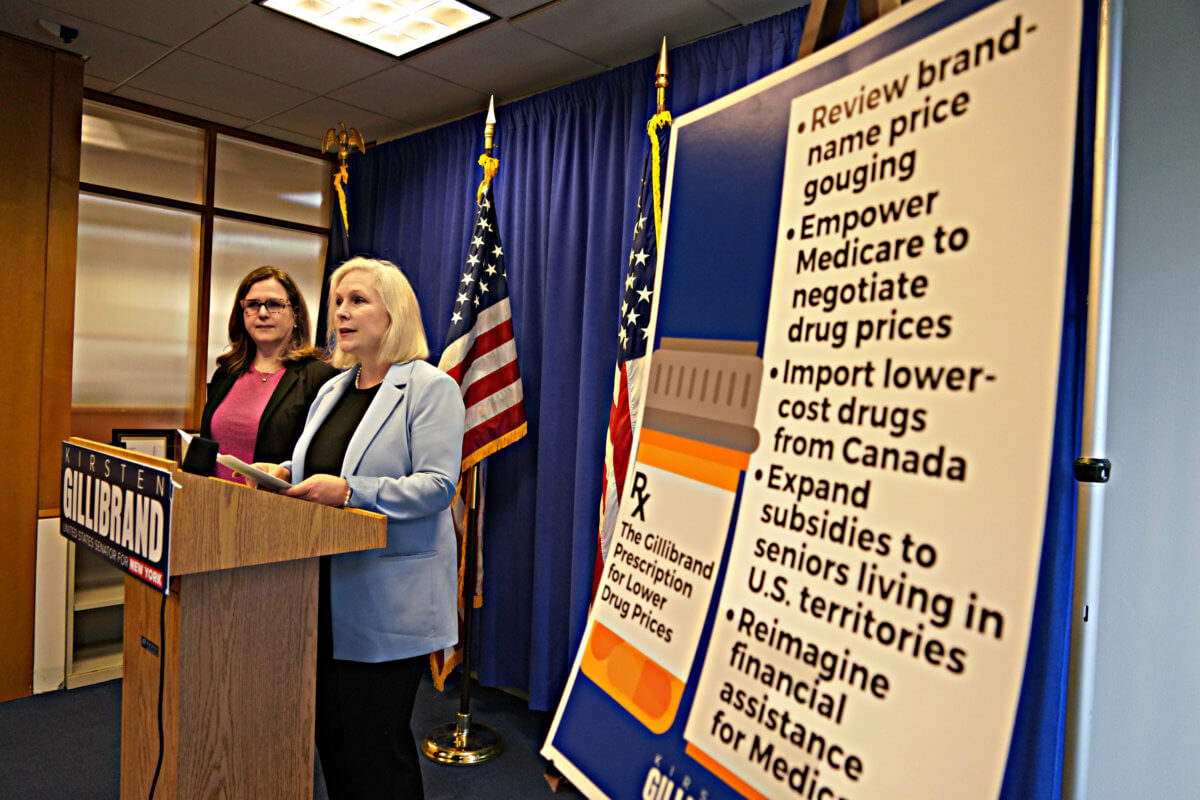
“It means streamlining programs, eliminating asset tests and expanding the extra health program. These are common sense reforms that will help combat inflation and help decrease the cost of living,” Gillibrand said.
Beth Shapiro, executive director of City Meals on Wheels, champions this plan after she has seen the struggles firsthand.
“Too many of our recipients are struggling financially. I’ve met older New Yorkers who won’t turn on their air conditioners, sometimes even their fans on the hottest of summer days because they are concerned about the costs,” Shapiro said. “They’re splitting their meds, hoping a partial dose will work so they can take them as often as prescribed, even if in a lesser dosage. We know medicine does not work in a poorly nourished person and half a prescription does not do the work of a full dose.”
For Deborah, 61, a stroke survivor living with diabetes and a retired registered nurse residing in the East Village being able to afford her medication costs are difficult to keep up with. Every morning, Deborah wakes up and counts her medications, and is sometimes forced to ration her pills since copays are too high coupled with meeting the demands of her Medicare Advantage deductible.
“I can’t afford it. I can’t take the Ozempic because my insurance won’t fully cover it, so I had to wait to see another form of insulin I can get. I was given Tresiba, but I still have to pay $70 for it every month. It’s hard to meet the deductible because I still have to pay for the medications,” Deborah said.
Deborah has a $295 deductible she must meet first, added with $70 for just one month supply of insulin medication. That is just for one medication, she takes seven overall.
“It has affected my health because my A1C climbed up to 13.6 and because it went up so I have a case of renal damage,” Deborah added.
